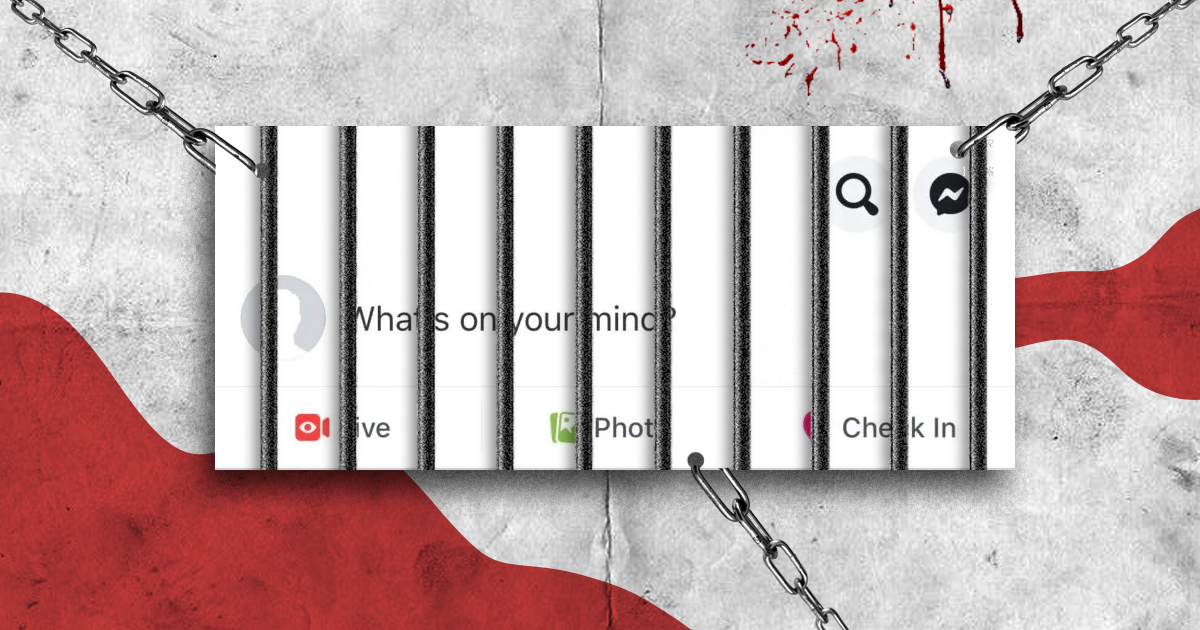Cyber Security Act will not stop criminalising freedom of expression

The Bangladesh government has announced that it will replace the controversial Digital Security Act (DSA) 2018 with Cyber Security Act (CSA), 2023, which is expected to be passed in the parliament in the coming September session. It is rather dubious why the government wants to have another draconian cyber security law right before the next national elections. The DSA was also passed just a few months before the 2018 parliament elections. Human rights groups, journalist unions, media rights defenders and cyber security researchers have expressed their concerns regarding the draft Cyber Security Act and dubbed it as an "old wine in a new bottle."
There has been a global outcry against the DSA. The Media Freedom Coalition (MFC), a network of diplomats from Canada, Denmark, Germany, Netherlands, Norway, Sweden, Switzerland, United Kingdom and the United States, has been outspoken about draconian law. Besides MFC, the United Nations, European Union, Japan, international human rights organisations like Amnesty International and Human Rights Watch (HRW), and also the international freedom of press watchdogs like Reporters Without Borders (RSF), Article 19 and Committee to Protect Journalists (CPJ) have called upon the government to repeal DSA which curtails freedom of expression, muzzles freedom of the press and encourages self-censorship.
On the domestic front, human rights organisations and journalist leaders have repeatedly warned about DSA being used to stifle dissent and criticism of the government. Thousands of politicians, journalists, activists, and even minors and students have been prosecuted. Many are still languishing in prison.
Ignoring the international and domestic calls to abrogate the law, the government asserts that they have replaced it with a new one that will ensure freedom of expression – but human rights groups are sceptical.
Despite the claim that punishments in CSA have been "significantly" reduced, rights groups explain that such measures will not stop the criminalisation of freedom of expression. Rather, it will continue to demonise and silence critical voices of political oppositions, independent media, investigative journalists, critics and dissidents, and the culture of fear will continue to be instilled among the people of the country, despite the fact that free speech and freedom of the press are enshrined in the constitution.
Law Minister Anisul Huq has assured us that the amendment of certain sections of CSA should stop the "misuse" and "abuse" of DSA and that no one accused of defamation would be arrested immediately after the filing of the case under the proposed Cyber Security Act, as the jail term would be scrapped in this new law. However, the minister also confirmed that the new law would retain almost all of the provisions stipulated in the 2018 act with minor changes. Different rights groups found at least six sections of the new CSA law – Sections 17, 19, 21, 27, 30, and 33 – remain non-bailable.
Media and digital rights defenders have reviewed the draft Cyber Security Act, 2023 posted online and found that the law contradicts several clauses of the Constitution of Bangladesh. Certain sections of the CSA are also in conflict with the Universal Declaration of Human Rights, International Covenant on Civil and Political Rights, and Convention on the Rights of the Child and Code of Criminal Procedure (CrPC).
We join defenders of freedom of expression in urging the government to not pass the Cyber Security Law in the parliament without thoroughly discussing the draft with stakeholders, especially with media editors, human rights organisations, lawyers, media and digital rights groups and the public. The lawmakers must listen to the critical voices of stakeholders to ensure that the CSA is people-friendly and respects the right to freedom of expression.
Former president of Bangladesh Federal Union of Journalists (BFUJ) Monjurul Ahsan Bulbul stated that the journalist's union submitted and discussed a written analysis of the draft Digital Security Act, 2018 at a meeting with the parliamentary sub-committee, but the law was passed nonetheless, ignoring the union's concerns. We sincerely hope that this is not the case this time.
Finally, we appeal to the government to release all those imprisoned under the notorious DSA and quash all cases under the ICT Act 2006. These laws have even been used to imprison and harass several minors and students. The nation expects such a gesture to be made when the CSA is passed in the parliament.
The contributors are Ahamed Ullah, Bangladesh Manabadhiker Sangbadik Forum (BMSF); Ahmed Swapan Mahmud, Voice; Khairuzzaman Kamal, South Asian Media Solidarity Network (SAMSN); Mainul Islam Khan, Media Rights Activist; Rezaur Rahman Lenin, Independent Activist Academic; Rezwan Islam, Global Voices; Md. Saimum Reza Talukder, Rights Advocate; Saleem Samad, FExB; Sayeed Ahmed, Human Rights Defender; Sharmin Khan, Human Rights Advocate; Dr Syeda Aireen Jaman, PEN International Bangladesh.



 For all latest news, follow The Daily Star's Google News channel.
For all latest news, follow The Daily Star's Google News channel. 

Comments